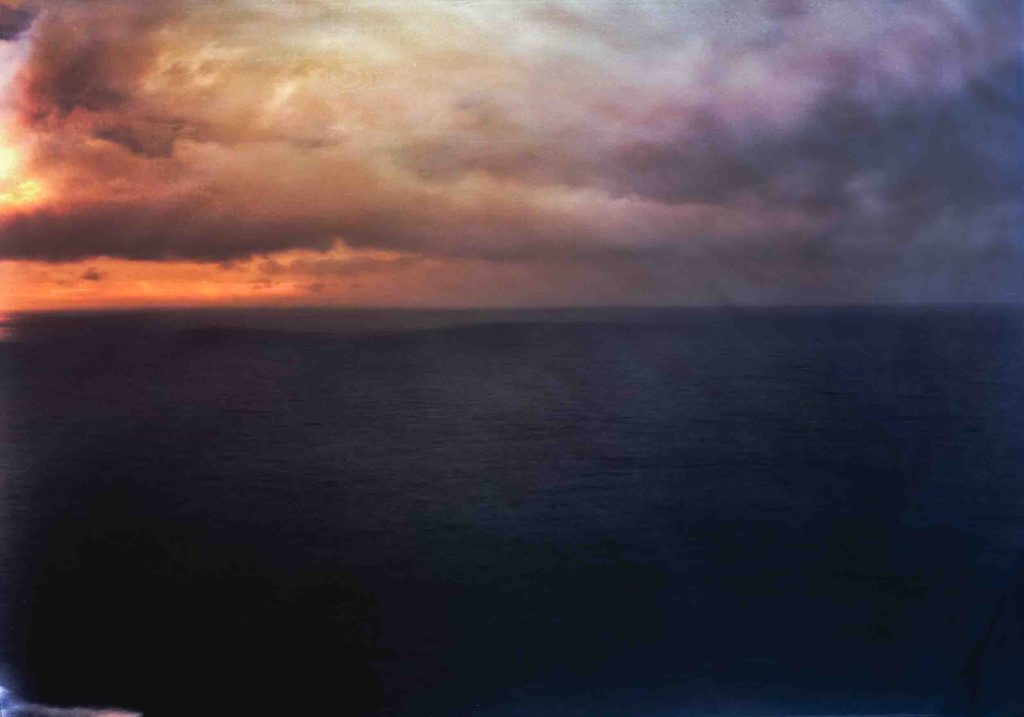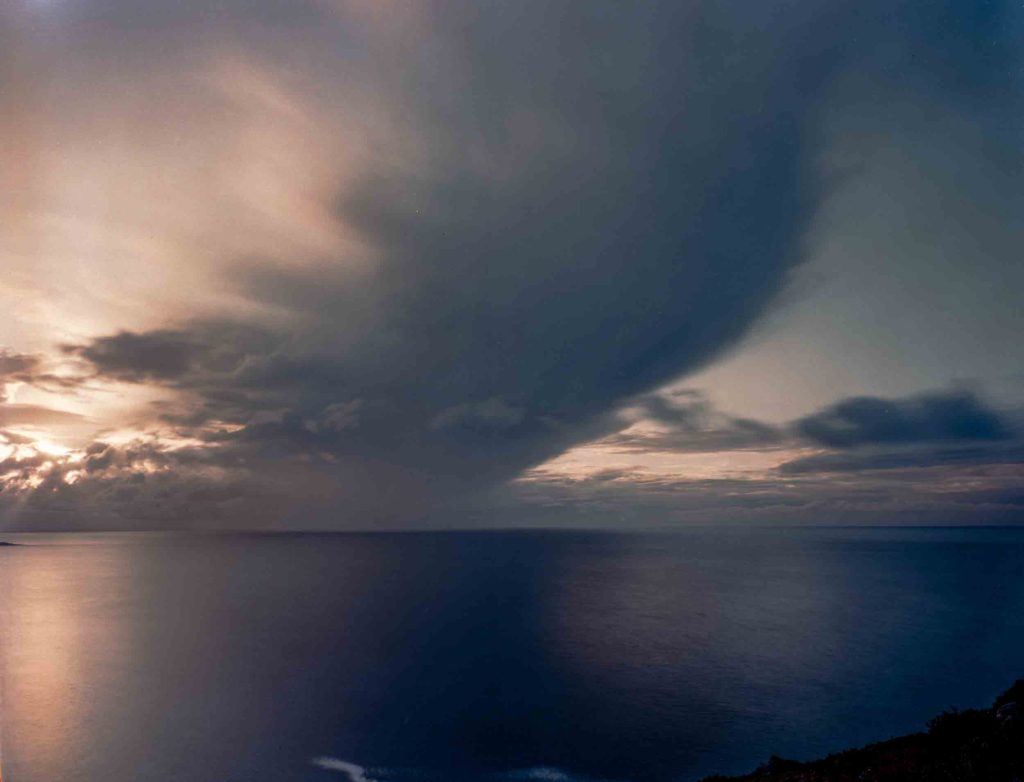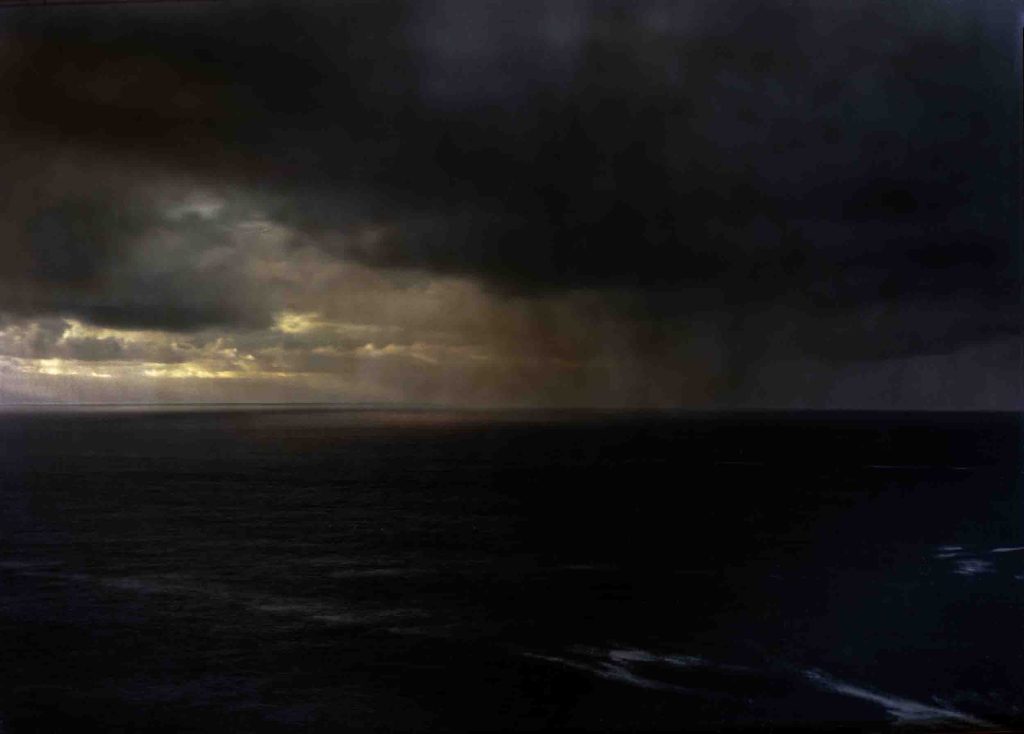In pre-modern Japanese aesthetics Yūgen, as an aesthetic category, refers to subtle, hidden depths or mysterious profundity. Its roots, which are in Chinese Taoism and Buddhism, have a philosophical character, and the term came to denote darkness and then profoundness. This profoundness was the fundamental meaning of the term yūgen when it was transmitted to Japan.
The oldest usage of the Japanese concept of yūgen appears in a Buddhist literary work, Isshin-kongo-kaitaiketsu, written by Dengyo Daishi (767-822). In this text the idea of yūgen showed no change from that of Chinese Buddhism. In Japan Yūgen, is traditionally associated with medieval poetry, the Nō drama, and monochrome ink wash landscape painting. In the latter it refers to the space that is left un-touched, the invisible and absent such that the landscape painting appears incomplete and allusive. It is poetically suggestive — the unspoken or invisible and subtle — rather than being a definitive realist representation.
There have been several attempts to delineate Yūgen in English. Daisetz T.
Suzuki says: “Yūgen is a compound word, each part yū and gen meaning “cloudy impenetrability” and the compound meaning “obscurity”, “unknowability”, “mystery”, “beyond intellectual calculability” but not “utter darkness.” Daisetz T. Suzuki, Zen and Japanese Culture
(New York, 1959), pp. 220.
Yūgen overlaps with the representation of the Australian landscape. Bernard Smith says the colonial interpretations of nature in the 19th century formed the conceptual basis for interpreting a new language of vision:
“For Australian nature was not merely something to be seen, but something to be revealed, something hidden from vulgar eyes and still unknown. The mystery of the bush could inspire not only fear but also hope … and the hopeful and melancholic conventions fused into complex unity capable of reflecting the finest shades of experience and emotion.” (Sheridan Palmer, Hegel’s Owl: The Life of Bernard Smith, p. 161).
The allusive and poetically suggestive is a poetics.
Heidegger, in his critique of modern western aesthetics (Plato-Nietzsche) argued that a poetics had been lost and passed over in this aesthetic tradition, and that consequently, art itself had been impoverished.





